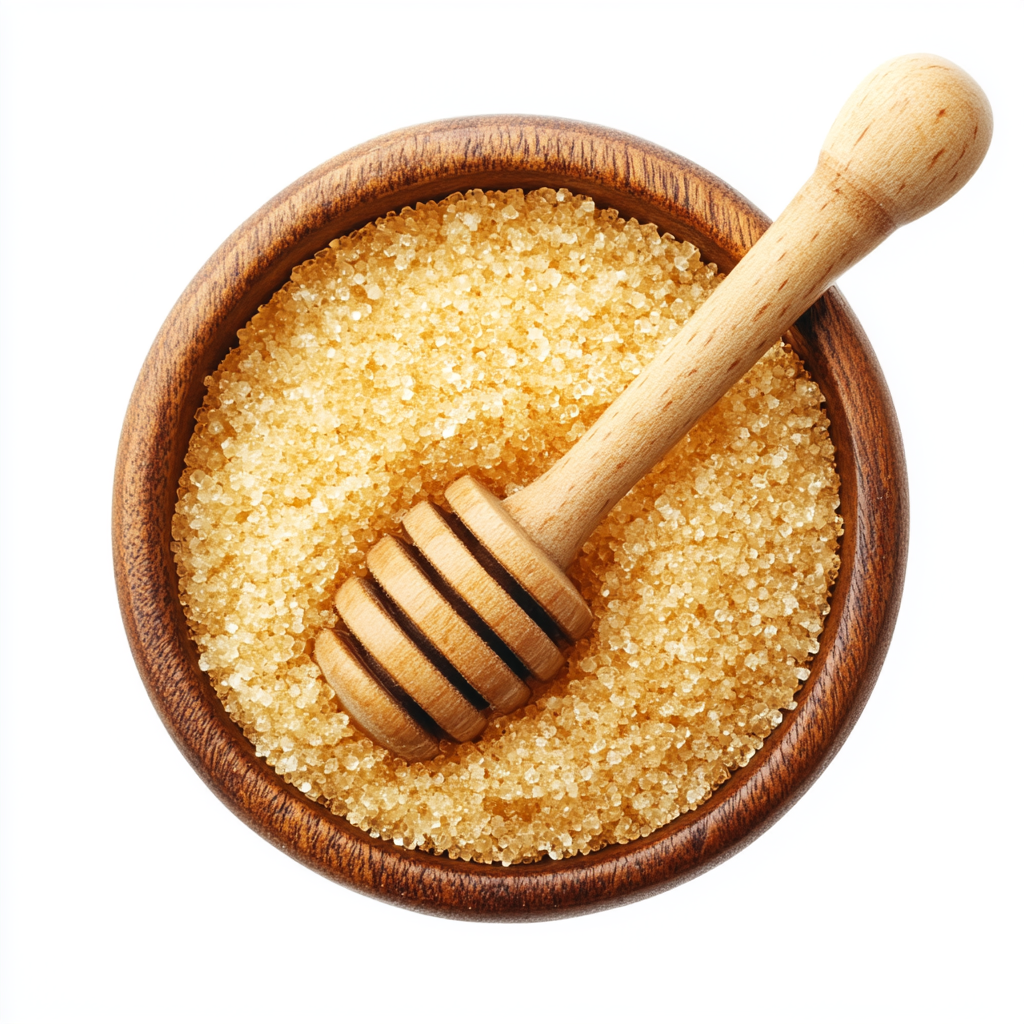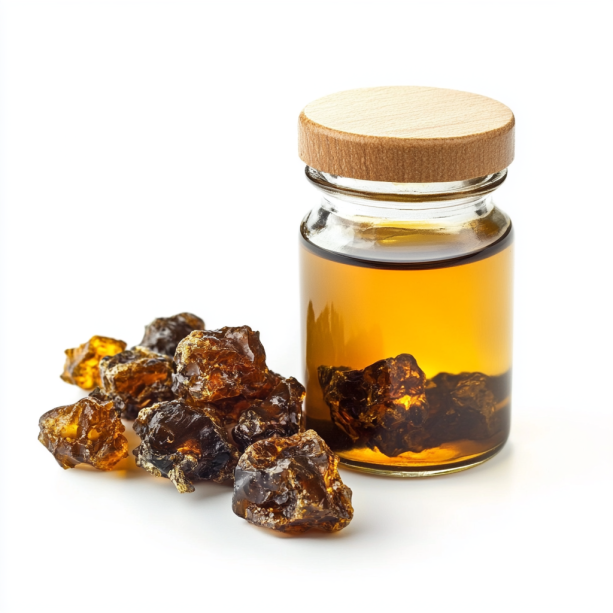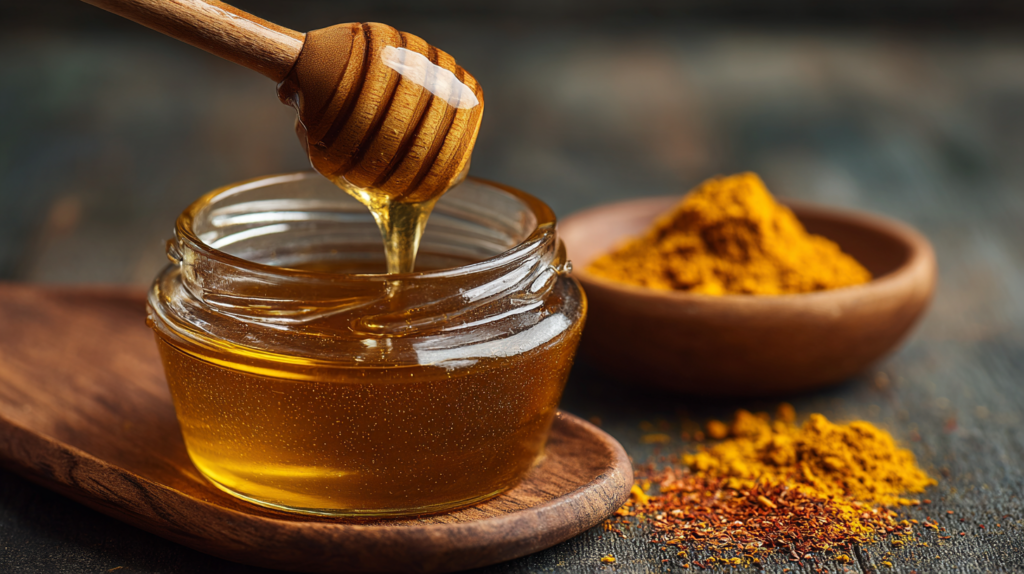From the heart of African forests and sunlit savannas comes a golden gift, asali (honey) and propolis, the timeless treasures of the hardworking African bee. For centuries, these natural products have been cherished not only as food but also as powerful remedies for health and beauty. Today, as the world embraces natural and sustainable living, African honey and propolis are gaining recognition in both nutrition and skincare for their purity, potency, and remarkable healing abilities. They are uponyaji wa asili (nature’s healing), deeply rooted in African tradition and now shaping the future of clean beauty and wellness.
African honey and propolis are also a symbol of connection between humans, bees, and the environment. Every jar or drop tells a story of balance, care, and cooperation with nature. In an age where people long for authenticity, these natural ingredients stand out as pure, effective, and deeply meaningful.
The Unique Power of African Honey
African honey is far more than a natural sweetener. It is a potent functional food loaded with antioxidants, enzymes, amino acids, and vitamins. Unlike mass-produced, ultra-processed honey, African honey is often raw and unfiltered, preserving all its nutrients and natural enzymes. In nutrition, it serves as an energy booster that gently fuels the body without the sugar crashes associated with refined sweeteners. Its natural plant compounds act as antioxidants that fight oxidative stress, protect the heart, and support overall wellness.
African honey also supports the digestive system by promoting the growth of beneficial gut bacteria. It helps soothe sore throats, reduce inflammation, and provide natural relief for coughs and colds. Many people take a spoonful of raw honey daily to maintain energy and improve overall vitality.
For skincare, honey works as a natural skin hydrator that attracts and locks in moisture, keeping the skin hydrated, smooth, and glowing. It also has antibacterial and soothing properties, making it ideal for acne-prone or sensitive skin. A small amount of honey applied to the skin can calm irritation, promote faster healing, and enhance radiance. As many in Swahili culture say, asali ni dawa ya mwili na roho (honey heals both the body and soul), a phrase that captures its essence perfectly.

Propolis – The Bee’s Protective Gift
Propolis is the resin bees collect from tree buds and bark to protect their hives from bacteria and fungi. In the same way it safeguards the bees, propolis offers humans powerful protection through its antibacterial, antifungal, and anti-inflammatory qualities. Rich in natural healing compounds such as flavonoids, African propolis supports immunity, fights infection, and promotes wound healing.
Propolis has been used for centuries in traditional medicine to treat wounds, sore throats, and skin conditions. Its natural composition helps strengthen the immune system and speed up recovery from minor illnesses. In nutrition, propolis is widely used in natural supplements and boosters to strengthen the immune system, especially during seasonal changes. It can be taken in liquid form, added to warm drinks, or consumed as capsules for a natural immune boost.
In skincare, propolis acts as a skin-repairing and barrier-strengthening ingredient, helping to soothe inflammation, speed up healing, and restore balance. Whether used in serums, balms, or creams, it leaves the skin feeling calm, smooth, and healthy. Regular use of products with propolis can help reduce redness, protect against bacteria, and improve the skin’s resilience over time.
Why African Honey and Propolis Are Exceptional
What sets African bee products apart is their purity, diversity, and strength. African ecosystems offer an extraordinary range of nectar sources, from acacia trees and wildflowers to baobab and moringa blossoms. This biodiversity gives African honey and propolis their distinctive flavor, color, and exceptional nutritional value. The bees themselves are resilient, adapted to Africa’s climate, and produce honey with higher antioxidant and enzyme content compared to many imported varieties.
This makes African honey and propolis not just healthy but also sustainable and deeply connected to the land. When consumers choose these products, they directly support kuinua maisha vijijini (uplifting rural livelihoods) through fair trade and community-based beekeeping. Each jar or drop represents more than a product; it carries a story of nature, culture, and empowerment.
African honey also varies by region and season, which means every jar has its own unique taste and character. Whether it comes from Kenya’s coastal forests or Tanzania’s acacia woodlands, the flavor tells you where it was born and that natural diversity is part of its charm and authenticity.

Granulated honey
Powdered honey and granulated honey are modern forms of traditional honey, developed for more convenient use in the food, cosmetic, and pharmaceutical industries.
How They Work Together
Honey and propolis complement each other perfectly, creating a natural synergy that enhances their individual benefits. In nutrition, honey provides quick energy and digestive support, while propolis reinforces immune strength and reduces inflammation. Together, they form a powerful combination that supports holistic well-being, from energy metabolism to cellular protection.
In skincare, honey and propolis balance and repair the skin on multiple levels. Honey deeply moisturizes and softens, while propolis protects, heals, and restores. This makes them ideal for use in facial masks, soothing serums, lip balms, and moisturizers designed for natural radiance and resilience. The result is nourished, glowing skin that reflects true matokeo yakweli (real results) from nature’s touch.
You can also use them in simple DIY beauty routines. For instance, mixing a spoon of raw honey with a few drops of propolis liquid extract creates a gentle natural face treatment that leaves the skin fresh and radiant. This simple tradition reflects how accessible and versatile these natural ingredients truly are.

Propolis extract
Propolis extract is produced from bee glue (propolis) through its extraction using a solution of water and glycerin. It is rich in polyphenols, flavonoids, and terpenoids. It also has a high content of waxes, polysaccharides, and microelements.
Modern Applications in Beauty and Wellness
In today’s beauty and wellness industry, African honey and propolis are increasingly used as star ingredients in both skincare and nutrition lines. Their multifunctional nature allows them to fit seamlessly into modern formulations that value purity and transparency. In skincare, honey-infused creams deliver long-lasting hydration and brightness, while propolis-enriched serums repair and protect the skin barrier. In wellness products, they appear in immune-boosting remedies, herbal teas, and nutritional supplements designed for everyday vitality.
Their natural fragrance also makes them a delight to use, offering subtle sweetness and warmth that connects the senses to the earth. Consumers love products that make them feel closer to nature, and African bee products achieve exactly that. These bee-derived ingredients appeal to conscious consumers seeking naturally derived, andmultifunctional products. With their gentle effectiveness and authentic origin, African honey and propolis stand as symbols of trust and natural excellence. They embody the spirit of asili safi (pure nature), combining time-tested tradition with the sophistication of modern science.
Sustainability and Ethical Harvesting
African beekeeping practices are inherently sustainable. Most honey is harvested from wild or semi-wild hives without harming the bees or using artificial chemicals. The production supports biodiversity by maintaining the health of flowering ecosystems and encouraging forest preservation. Many African beekeepers, particularly women, participate in cooperative networks that promote fair trade and community development.
By choosing African honey and propolis, consumers not only care for their health and beauty but also contribute to maendeleo endelevu (sustainable progress). Each purchase supports small-scale beekeepers, empowers women, and helps protect natural habitats, all while delivering products of the highest purity and quality. Sustainable beekeeping also ensures that pollination continues to support surrounding crops and wild plants, strengthening local ecosystems. In this way, the simple act of buying honey contributes to a much larger cycle of environmental balance.
Conclusion
African honey and propolis are more than ingredients. They are living symbols of health, purity, and connection to nature. They nourish, protect, and heal the body while carrying forward Africa’s rich legacy of natural care. Whether used in daily nutrition or in skincare rituals, they deliver visible and lasting results, uponyaji wa kweli wa asili (true healing from nature).
To choose African honey and propolis is to embrace authenticity, wellness, and the gentle power of nature’s golden gifts. They remind us that true beauty and vitality come not from synthetics but from the land itself, where bees, blossoms, and humanity work in harmony. In every drop of honey and every trace of propolis lies the story of Africa warm, nurturing, and full of life.
References
Anyogu, A., et al. (2022). Bioactive components and therapeutic potential of African honey. Journal of Food Biochemistry, 46(12), e14487.
Mokaya, J., & Wanyoike, M. (2023). Propolis from African bees: Composition, antimicrobial activity, and potential for cosmetic applications. African Journal of Natural Product Research, 11(3), 97–109.
Oladipo, O., & Nyaga, P. (2024). Traditional beekeeping and biodiversity conservation in Sub-Saharan Africa. Journal of Sustainable Agriculture, 18(2), 201–214.


